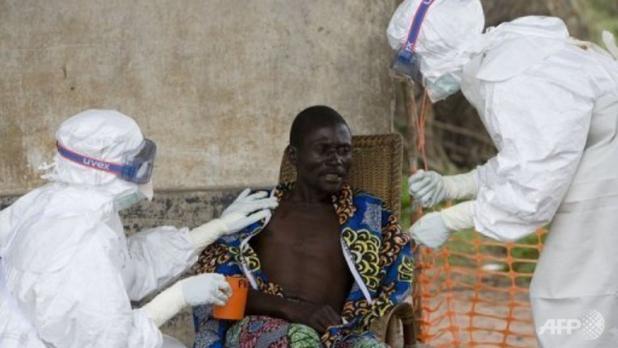The Centers for Disease Control and Prevention (CDC) is urging all US residents to avoid nonessential travel to Liberia, Guinea, and Sierra Leone because of an unprecedented outbreak of Ebola.
The agency on Thursday upgraded its travel advisory to the highest precautionary level.
“This Level 3 travel warning is a reflection of the worsening Ebola outbreak in this region,” said the CDC in a statement.
“This is the biggest and most complex Ebola outbreak in history. Far too many lives have been lost already,” said CDC Director Tom Frieden, M.D., M.P.H. “It will take many months, and it won’t be easy, but Ebola can be stopped. We know what needs to be done. CDC is surging our response, sending 50 additional disease control experts to the region in the next 30 days.”
To date more than 1323 suspected cases (909 laboratory confirmed) have occurred in West Africa and more than 729 people have died, making this the largest outbreak of Ebola in history. At least three Americans have been infected; two are health care workers in an Ebola clinic.
To help combat the spread of Ebola the countries experiencing the outbreak have themselves instituted several measures such as border closings and screenings at entry points which would likely make travel to, from, and within the countries difficult.
In addition to warning travelers to avoid going to the region, CDC is also assisting with active screening and education efforts on the ground in West Africa to prevent sick travelers from getting on planes. On the remote possibility that they do, the agency states it has protocols in place to protect against further spread of disease. These include notification to CDC of ill passengers on a plane before arrival, investigation of ill travelers, and, if necessary, quarantine.
CDC also provides guidance to airlines for managing ill passengers and crew and for disinfecting aircraft. Earlier this week, CDC issued a Health Alert Notice reminding U.S. healthcare workers of the importance of taking steps to prevent the spread of this virus, how to test and isolate suspected patients and how they can protect themselves from infection.
At this time, CDC and its partners at points of entry are not screening passengers traveling from the affected countries. It is important to note that Ebola is not contagious until symptoms appear, and that transmission is through direct contact of bodily fluids of an infected, symptomatic person or exposure to objects like needles that have been contaminated with infected secretions.
CDC expects its efforts not only to help bring the current outbreak under control, but to leave behind stronger systems to prevent, detect and stop Ebola and other outbreaks before they spread.


